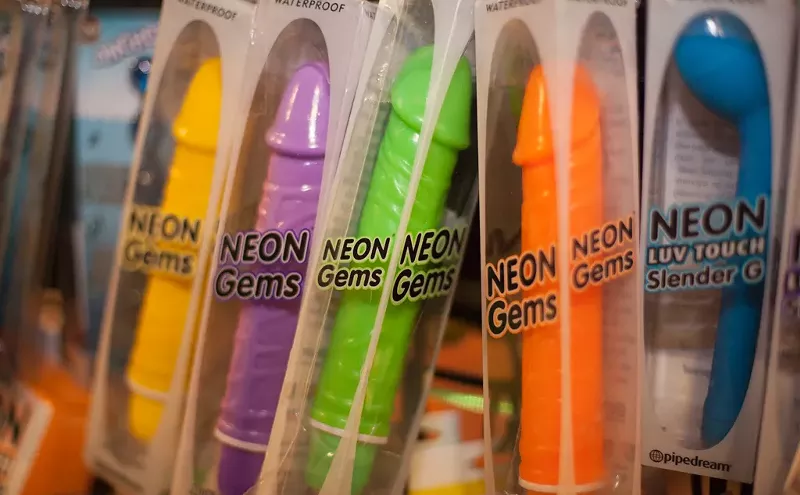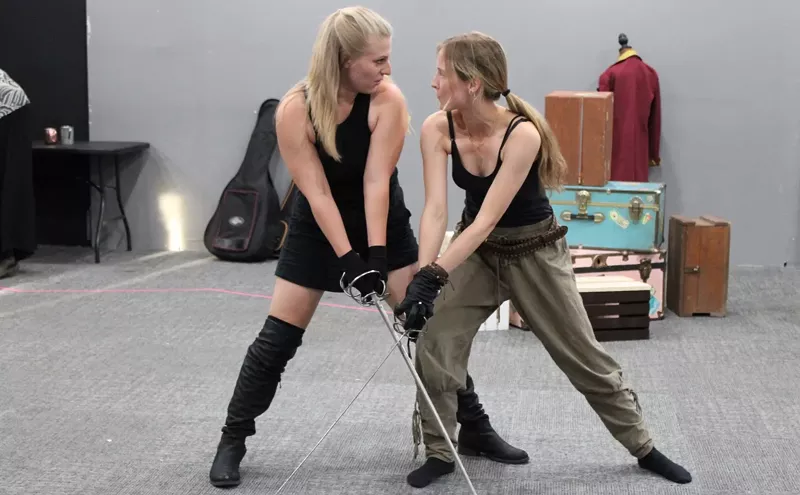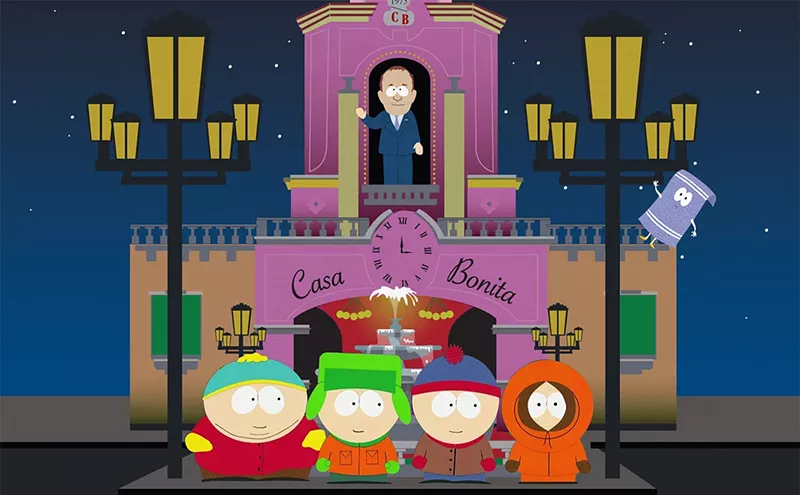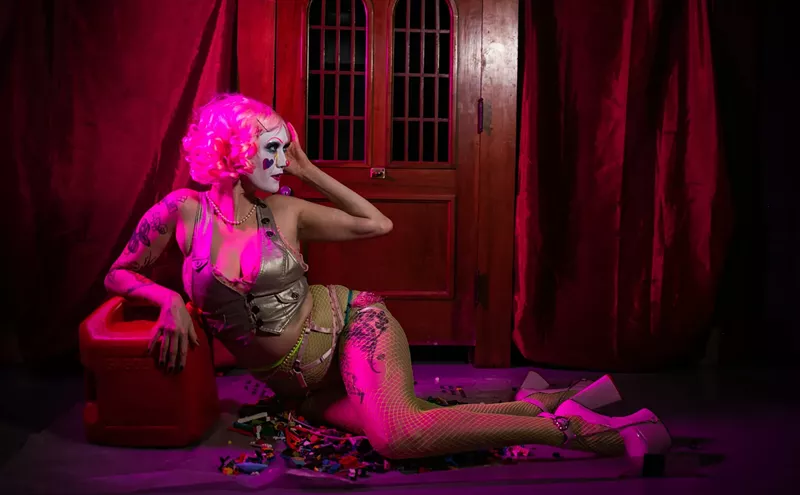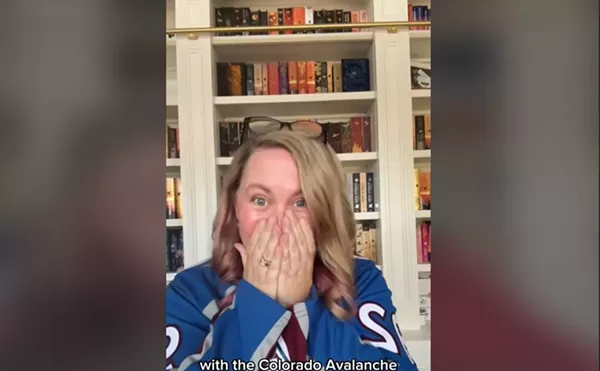Rachel Corrie has been a lightning rod for controversy since her death in Gaza at the age of 23, when she was run over by an Israeli soldier while attempting to prevent the demolition of a Palestinian home. But Rachel Corrie was more than just a symbol; she was a genuinely unique young spirit. My Name Is Rachel Corrie, put together by English actor Alan Rickman and journalist Katharine Viner from Rachel's journals and e-mails, reveals not only a deep-burning passion for justice, but sensitivity, a playful sense of humor, the usual teenage insecurities and a loving heart. The script is buoyant with memorable turns of phrase and charming, odd little flights of lyricism. It's clear that the world lost a lot when it lost this strong, individual voice.
Five years ago, Rachel was working with the International Solidarity Committee, living with Palestinians in their homes and seeing firsthand the effect of Israeli bombings and shootings. She shared her hosts' food and played with their children. And along with other activists, she placed her body in front of the bulldozers that Israeli soldiers were using to crush houses, gardens and olive groves. Troubled, afraid, angry and heartsick at what she'd seen, she remained extraordinarily determined. But in many ways, Rachel was ordinary. Her letters reveal a girl as deeply attached to her parents as she was to gaining independence from them; a girl who, as a child, couldn't decide whether she wanted to be a poet or the first woman president, and who imagined an afterlife in which she'd meet Rilke, Jesus, Zelda Fitzgerald and Charlie Chaplin.
Much of the power of this production stems from the fact that you can't separate what you're seeing on stage from what you know — that this marvelous young woman, who spoke of death and hope in the same breathless moment, would die a cruel, violent death. "Love you. Really miss you," she says in a letter to her mother. "I have bad nightmares about tanks and bulldozers outside our house and you and me inside. Sometimes the adrenaline acts as an anesthetic for weeks and then in the evening or at night it just hits me again." Hearing this, I want to rise from my seat, take actress Julie Rada in my arms and beg her/Rachel to go home and be safe.
Taking on this role requires a generosity of spirit; anything that sounds actory or smacks of ego would ruin the integrity of the play. With her graceful hands and gentle dignity, Rada perfectly embodies the character of Rachel. Director Brian Freeland gives us just enough light to provide a clear view of Rada's face, and she pitches her voice just loud enough to be heard comfortably — but you still need to lean in a little to catch everything. Along with the simplicity of the environment — a set featuring a platform and a scattering of sand; naked lights that somehow manage to illuminate without glare or distortion; the raw-cut wood smell of the newly installed risers in the Bindery, a cavernous warehouse turned into a theater — this restraint adds to the power of the evening.
Freeland, who's known for his interest in experimental theater, just founded Countdown to Zero, which will present nine more pieces before disbanding; these ten are intended to "expand community exchange in a time of highly charged political extremes." My Name Is Rachel Corrie is not anti-Israel, but it is a strong indictment of Israeli policies toward the Palestinians, policies most Americans know little about because their effects are so rarely shown in our media. The right-wing Israel lobby that professes to speak for American Jewry (despite the fact that many of us disagree with the policies that members of that lobby so loudly and insistently promote) responded to Rachel's death with a variety of claims: the least repugnant that the driver of the bulldozer didn't see her, the most repugnant that Rachel was no peacemaker but instead either a terrorist sympathizer or a dupe. Some of these people have worked hard to prevent Rachel's voice from being heard. After My Name Is Rachel Corrie ran in London to good reviews, it was scheduled for production at the New York Theatre Workshop, but the backlash was so strong that the play was postponed indefinitely. We are fortunate that Freeland decided to show it in Denver.
Rachel Corrie died on March 16, 2003. Less than a month later, British peace activist Tom Hurndall visited Rafah, to see where she was killed. Then, while attempting to lead two Palestinian children to safety, Hurndall was shot in the head by an Israeli sniper; he spent nine months in a coma before he died. On May 2 of that same year, James Miller was killed as he worked on a documentary about the lives of three children in Gaza. He had planned to follow that film with one about Israeli children.
"When that explosive detonated yesterday it broke all the windows in the family's house," Rachel Corrie wrote to her mother. "I was in the process of being served tea and playing with the two small babies. I'm having a hard time right now. Just feel sick to my stomach a lot from being doted on all the time, very sweetly, by people who are facing doom. I know that from the United States, it all sounds like hyperbole. Honestly, a lot of the time the sheer kindness of the people here, coupled with the overwhelming evidence of the willful destruction of their lives, makes it seem unreal to me. I really can't believe that something like this can happen in the world without a bigger outcry about it."
This quiet, powerful play should help fuel that outcry.



